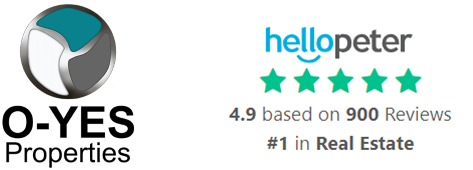| FLISP stands for Finance Linked Individual Subsidy Programme, a government subsidy available to all South African first-time buyers. In the past, you needed to have an approved home loan to access this subsidy, but this rule changed on 1 April 2022. The National Minister of Human Settlements, Mmamoloko Kubayi, recently announced that the FLISP has been delinked and is no longer a mortgage only option. In addition, partnerships have been established with external role-players - such as financial institutions, conveyancing attorneys and property developers - granting them access to the Housing Subsidy System (HSS), which allows them to capture and monitor the progress of applications. The result is expected to be a drastically improved turnaround time for processing these applications. First time buyers FLISP is available to all South Africans who have never owned a property before and have a gross combined household income of between R3 501 and R22 000 a month. To be eligible for the subsidy, you must also have a financial dependent such as a child or a spouse. Meyer de Waal of MDW INC property and home finance services says that finance has always been linked to the big financial institutions like Nedbank, Standard Bank, FNB, Absa, HIP and SA Home Loans. Capitec was recently added to the list. “If your home loan with one of these banks was approved, and you qualified on the other criteria, you would qualify for a FLISP subsidy. I think the government realised that if you earn below a certain amount - let's say R12 000 - the banks are not that keen to grant your home loan application. They generally cater for people earning over R15 000 a month because they are more able to afford the monthly repayments." Subsidy amounts currently range from R27 960 to R121 626, depending on your monthly income. For example, if you earn R15 000 a month, you would get a R63 000 subsidy. Subsidy amounts may well increase in future. Alternative loans First time buyers no longer need finance approval from one of the major financial institutions to qualify for FLISP. You can also be eligible for a first-time buyer FLISP subsidy if you have financial assistance to buy a property through:
|
| Need more information? Fill in the form below and we will contact you! |
| |
